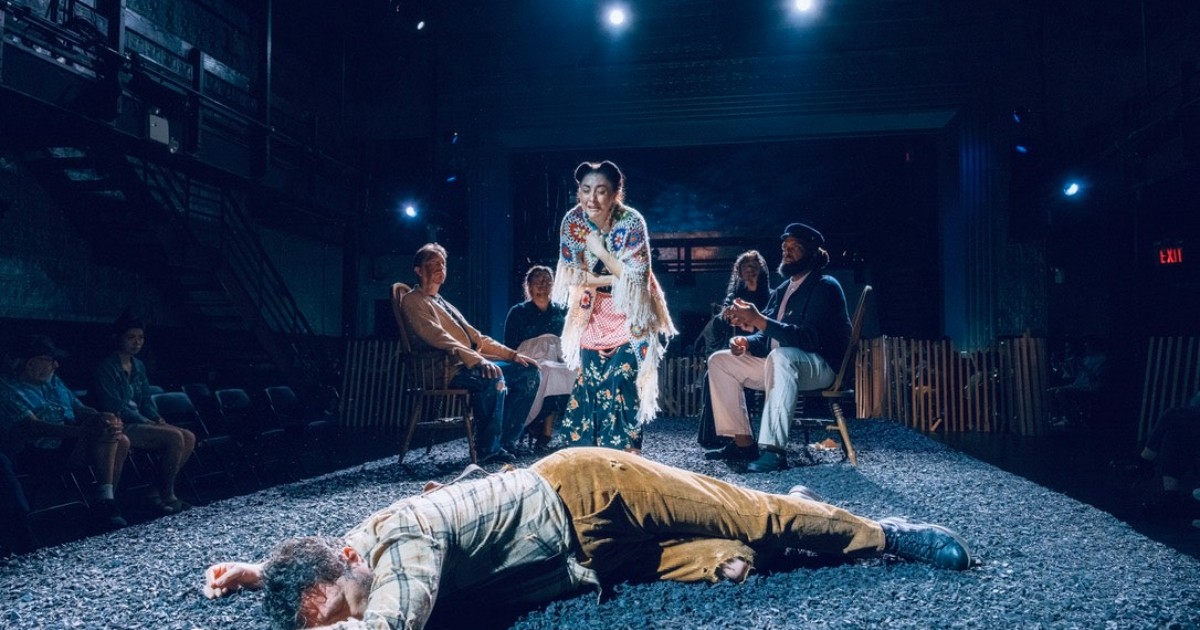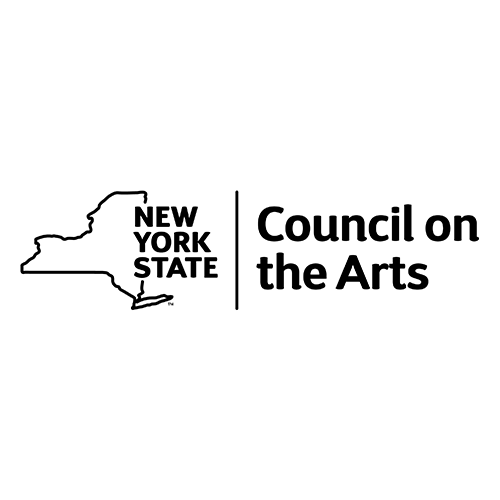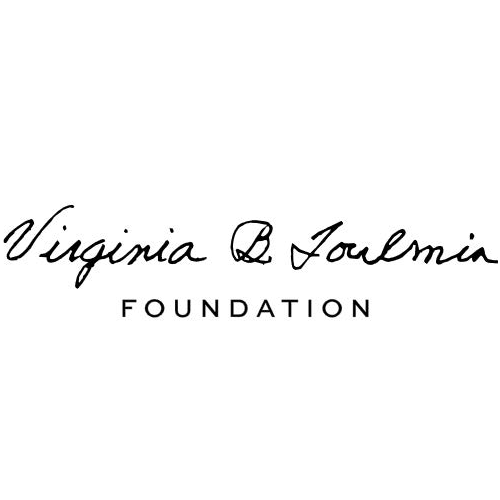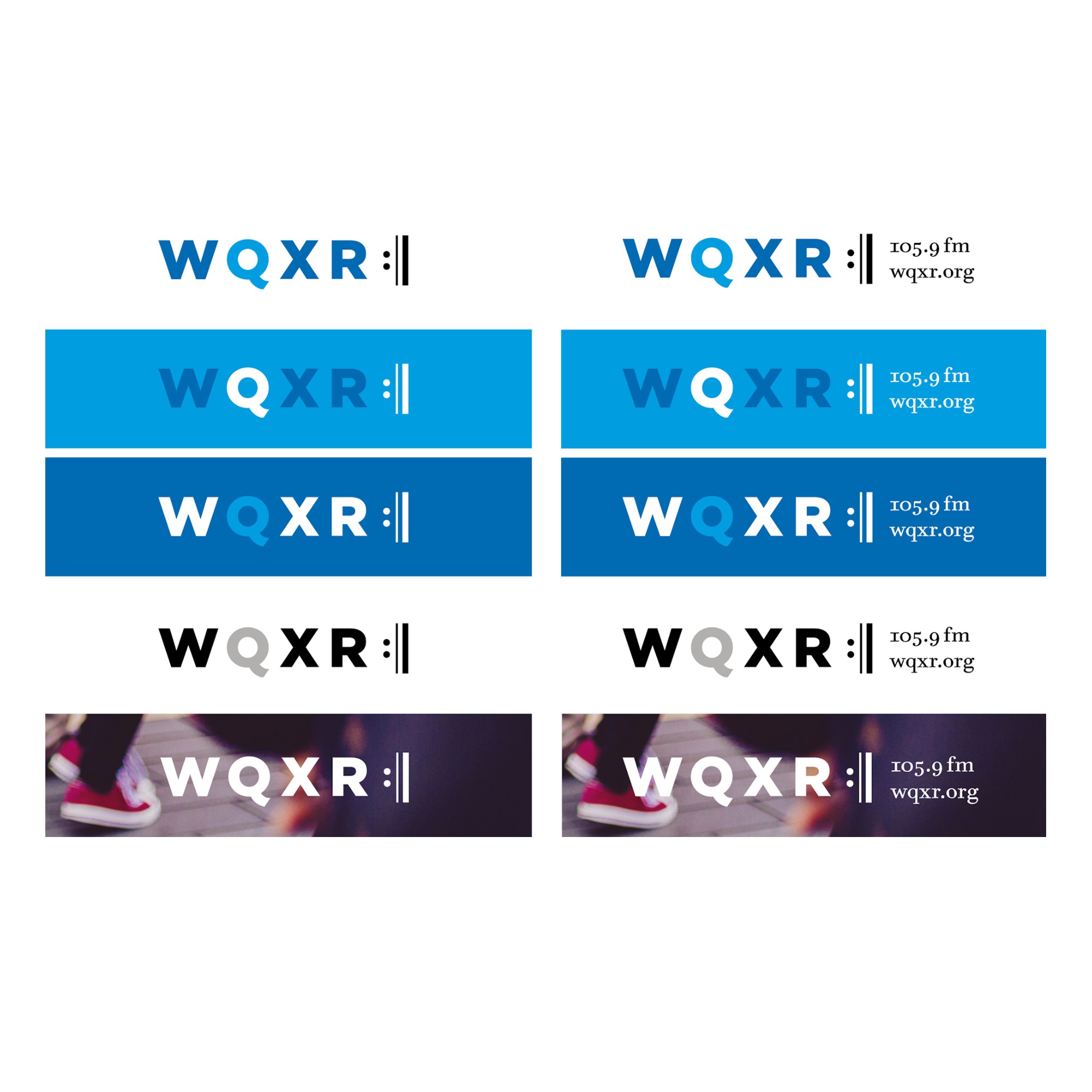OPERAWIRE
For all of its existence, Teatro Grattacielo’s sole focus has been on reviving lost gems of the Italian opera repertory such as Zandonai’s “Giulietta e Romeo,” Mascagni’s “L’Amico Fritz,” and Giordano’s “Fedora,” mixed in with more recognized classics of the canon.
But on Sunday, Sept. 15, 2024, the company charted a new course – new American opera. It’s not a revolutionary concept in New York City. Other major independent companies have been doing it for years, and the big elephant in the room, the Metropolitan Opera, had pronounced a bold new strategy around being a champion of new opera (before seemingly pivoting after less than one season into the experiment).
But few, if any companies, have managed the success that Grattacielo managed after its first attempt.
The trouble with new opera is the expectations they carry. As Teatro Grattacielo has shown over the years, the operatic canon is replete with obscure gems. They exist and major companies could potentially build entire 25-opera seasons around them. But the opera public is demanding and, for lack of a better word, a bit spoiled. We expect every opera to be the equivalent of “Le Nozze di Figaro,” or “La Traviata,” or “Die Walküre” in terms of dramatic or musical quality or both. And because the major companies for over a century have established a canon that they have rarely (until recently) moved away from, the audience grows to feel that these are the only opera worthy of a company’s attention. Hence why some great works by a composer like Meyerbeer can remain in obscurity to this day (though not the only reason). And hence why baroque operas, which are at the core of operatic heritage, are still often relegated to minimal presence in the major houses. As such, modern opera simply can’t compete. It’s a new proposition to the audience and is already subject to comparison to sacred texts of the canon. So there’s no way to win here unless something truly revelatory comes along.
A Strong Proposition
The trouble with new opera is the expectations they carry. As Teatro Grattacielo has shown over the years, the operatic canon is replete with obscure gems. They exist and major companies could potentially build entire 25-opera seasons around them. But the opera public is demanding and, for lack of a better word, a bit spoiled. We expect every opera to be the equivalent of “Le Nozze di Figaro,” or “La Traviata,” or “Die Walküre” in terms of dramatic or musical quality or both. And because the major companies for over a century have established a canon that they have rarely (until recently) moved away from, the audience grows to feel that these are the only opera worthy of a company’s attention. Hence why some great works by a composer like Meyerbeer can remain in obscurity to this day (though not the only reason). And hence why baroque operas, which are at the core of operatic heritage, are still often relegated to minimal presence in the major houses. As such, modern opera simply can’t compete. It’s a new proposition to the audience and is already subject to comparison to sacred texts of the canon. So there’s no way to win here unless something truly revelatory comes along.
But creators and companies still have to try and maybe sometimes, as was the case with Teatro Grattaciello’s production of “Beyond the Horizon,” success is possible.
The opera by the late Nicolas Flagello and librettist Walter Simmons (in attendance at the premiere) is based on Eugene O’Neill’s Pulitzer Prize-winning play. The piece has a ton going for it. Basing your work off a Pulitzer-Prize winner is a great start, but the other major factor, which I think often gets overlooked in the landscape of modern opera, is that it’s based on a play. Not a novel. Not a film. A play, which is already a format that dovetails in its artistic language with opera. So many of the modern operas we see aim to be cinematic in scope, often bringing in dozens of extraneous characters, dozens and dozens of set changes, extensive plots, and elements that are foreign to theater. One of the reasons many of these modern works don’t have the sought-after impact is that they lack the dramatic focus to match the emotional intensity required of opera. “Beyond the Horizon” is quite the opposite, featuring a handful of characters, and a minimal plot that spotlights the desires and emotions of the characters, thus amplifying the themes more potently.
For those unfamiliar with the work, Andy and Rob are two brothers working a farm. Rob is destined to travel abroad with their uncle and Andy to remain on the farm. But when Rob finds out that his love for Ruth is reciprocated, he leaves his dreams behind to stay with her. Andy takes his place. Years pass and Rob and Ruth realize they made a mistake. His dreams are gone and she never loved him. A child anchors them to one another and the only thing they can nurture is a growing resentment. Meanwhile, Andy is living the life, accumulating a fortune, and causing the other two envy and longing. But in the end, Rob and Ruth’s son dies, Rob gets ill and dies, Andy gambles away his fortune, and Ruth ends up alone and miserable. The opera takes across this vast palette of emotions in 75 minutes, presenting the drama with razor-sharp clarity.
It’s an emotional intensity that doesn’t relent for its duration, leaving you walking away satisfied with the experience. Oftentimes, less is more, and we don’t often get that from a lot of modern opera where the notion seems to be that because this is the Gesamtkunkwerk, the art of all arts, more is more. When it comes to story, clarity, by way of simplification, really is king
Musically, this piece is clearly inspired by verismo operas of the past in its orchestration and the hints of melodic lyricism. Ruth gets a gorgeous arioso passage (“I now know what I did not know before”) near the end of the opera in which she laments her fate and Rob and Ruth get a duet early on in the opera in which they profess their love. There’s also a mysterious and melodious prelude that starts in the brass, brings in the strings, and then the winds. But the opera does run into a lot of problems most modern operas do – almost everything feels like recitative with orchestration. Even when he went half hours with long recitativo exposition, Wagner found ways to cap scenes with extended and potent lyricism. And within those exposition passages, the vocal line would burst into moments of captivating melody and musical poetry. That’s not the say that this doesn’t exist in Flagello or other modern composers’ works, but it doesn’t feel as present when the musical approach seems to repeat itself. The major centerpiece argument scenes between Andy and his father and then Rob and Ruth felt very similar in how the orchestra built itself up into a furious climax, the characters bantering back at each other. No one gets a chance to explore their emotions more deeply outside of direct confrontation. For a piece so well-paced, it might feel contradictory to ask for expansion of the material, but just more moments like Ruth’s aria at the close of the opera would have allowed more time to connect and bond with the characters and their emotions. We love opera because it gives us that time and space to indulge in emotion, even if a character is repeating the same lines over and over. Assuming the orchestra has it all handled misses the point a bit.
Some of the vocal writing also seemed to lose the thread as well. Rob, written for a tenor, spends a lot of time singing higher notes in the passaggio and upper range. High notes can be effective at communicating extremes of emotion, but if that’s all that’s being used for a major percentage of a character’s lines then it stops feeling extreme and instead starts to lose its impact (not to mention its impact on clarity; more later). Thomas Adès notoriously overuses the high soprano range in “The Tempest” and “The Exterminating Angel,” making those vocal histrionics more a distraction than a feature. In the case of Rob’s vocal line, it works initially, but loses its impact after a while..
But I’m being harsh on Flagello because there is a lot to appreciate as well. Most impactful was the beginning of the opera and how the two brothers’s characters are explored musically. Where Rob’s longing is portrayed through orchestra waves of sound climaxing in non-stopped high notes, the orchestration for Andy is looser, more relaxed, more free-spirited, and the vocal writing is rhythmic. The contrasting voice types are also well-organized. The two mothers, while both lower voices are differentiated by having one mother played by a lyric mezzo and the other by a contralto. The father is scored for a bass-baritone, contrasting with his baritone and tenor sons, while Ruth is a full-on lyric soprano. It might seem obvious, but a lot of modern composers actually overlook this a lot of times, and operas can sound messy and monotone as a result. It’s a seemingly simple choice and in this case, Flagello seemed to take his cues from the tried and true formula of some of the repertory staples.
Strong Direction
To present new works, you often see big companies pull out all the stops. As in, they get flashy, expensive productions aimed at winning over audiences during the first run. They often feel like the equivalent of some big Hollywood blockbuster. But because of how much money is poured into them, revivals can be tricky
Teatro Grattacielo and Artistic Director Stefanos Koroneos didn’t go there. And while the company might not have the mega-budget of the Met or Lyric Opera of Chicago, that doesn’t mean that companies can’t be wasteful with their spending. Instead, the company went for a much more sober and reserved approach. Simplicity and clarity.
And it worked brilliantly.
La MaMA is a hard theater for opera. It’s a large flat blackbox that is perfect for theater, but gets complicated when you have to figure out where to position an orchestra. I have now seen three operas in this theater and on the previous two occasions, the orchestra was placed to the sides of the theater to enable interaction between the conductor and the singers. On one of those occasions, the conductor was all over the place and on the other, the balance was. The solution for “Beyond the Horizon” was to put the orchestra all the way upstage and have the set upstage. It certainly meant that the conductor and the singers were always facing away from each other. But the balance issue was solved. And… the music making was overall excellent.
Conductor Christian Capocaccia led a truly fantastic ensemble that performed with clarity and depth of sound. You could place every section cleanly in the musical texture. Throughout, I caught Capocaccia turning toward the singers, always attentive, and always together. I can’t imagine it having been easy to pull off, but he did.
As for the production by Ian Silverman, the set by Taylor Freil it was an elevated rectangle. Chairs and props were brought on throughout the performance to change the configuration, but the transitions were never distracting or unclear. The lighting allowed for subtle but effective storytelling. The opening of the opera reflects a green texture before transitioning to earthy soil. By the end of the night, it looks like faded rocks, emphasizing the seasonal, but also emotional transitions of the characters. Time passes in the opera and oftentimes this was reflected simply by wardrobes or makeup, especially in the case of Rob and Andy. At the start of the opera, we see Andy in ripped-up jeans while his brother is in much more polished garb. By the end of the opera, they’ve essentially swapped clothing styles, Andy in more stylish attire and Rob’s pants all ripped up, his face dirty and fading..
Blocking was simple, but it allowed for the action, the text, and the music to speak for itself. The relationships felt authentic, and the characters grounded. It felt very much like a theatrical experience in that way, with the enhancement of music for added dramatic effect. Of the entire night, there was perhaps only one moment that didn’t ring true and it was at the height of the love duet. With the two singers ferociously declaring “I Love you” over and over again, Rob and Ruth growing closer and closer, the music exploding with elation, you just wanted them to give into the passion. Kiss. Embrace. Even fake a stage kiss. But the two awkwardly hugged one another, zapping the intensity from the moment. It felt like it had been planned that way, but it felt like the affection between siblings than between lovers. You could argue that this is what the story will later reveal, but in that moment, where these characters feel that they love each other, it’s essential to give the audience that very feeling. The choice here didn’t work in that regard.
If there was one other issue with the production it was… the lack of supertitles. A day before the premiere, the company sent out an email stating that there would be no supertitles and offered the opportunity to follow the libretto on our phones. That choice was also reiterated prior to the performance, but alas, it isn’t a great solution. Being on our phones throughout the performance takes our attention away from what is happening on stage. Yes, the opera is in English, but some of the vocal writing (especially in the upper reaches or when the orchestra was at its most potent) just didn’t come across cleanly or clearly, creating some confusion over what was happening. With an opera that moves through its text with rapid-fire focus and no repetition, this becomes doubly troublesome if you miss some of the text. Older operas, where musical form took precedence over continuous / “real-time” dramatic action, would feature repetition in the text, which could allow audiences both a chance to engage with the music and the text as they chose to. Here you don’t have a choice – the text is at the core of the experience. Miss one line, and you could be missing out on a lot more down the line. This happened a lot. Supertitles somewhere on the set would have avoided this issue
Strong Casting
What did work was the casting, especially with Sara Kennedy as Ruth, and John Robert Green as Andy. Kennedy was simply the star of the night, her soprano soaring cleanly, her diction articulate and always clear. She displayed a resonant chest voice coupled with powerful high notes and tremendous balance with more parlato moments (the vicious argument with Rob). She was tender in her opening with Rob and then took on a harsher, more bitter edge in ensuing scenes and especially during their fight. Her aria was the highlight of the evening, her legato silky and smooth. She ascended to her upper reaches fearless throughout the passage. The audience received her with a deserved ovation.
As Andrew, Green’s baritone was resonant and full of vitality. He embodied Andy’s good nature with both his poise and vocal richness. But in more tense moments, he brought a bite to his sound that exposed his character’s darker side. His diction was razor-sharp throughout.
As Rob, John Bellemer was solid in taking on Flagello’s less-than-favorable vocal writing. Not only does he have a lot of high writing, but often he has to sing over an orchestra bursting at the seams. Sometimes he managed to get through the passages unscathed, but at others, the ensemble simply overpowered him. Because of how high his writing is, not all of his text came across cleanly. Given that Rob is essentially the central character of the story, a lot of the dramatic and thematic weight falls on his text. His best moment came in the confrontation with Kennedy’s Ruth, the two exploding with sound, matching each other line for line. In the final acts, he slimmed down his vocal color to express his character’s flailing energy and vitality.
As the mother Kate Mayo, Melina Jaharis had a clear sound and solid diction. Daniel Klein, taking on the role of the patriarch James Mayo, displayed a potent bass. As Ruth’s mother Mrs. Atkins, Carla López-Speziale had a grainy contralto that contrasted solidly with Jaharis’ mezzo. Steven Kirby’s Captain Dick Scott had a solid presence and Anthony Jimenez Peña, in the spoken role of Ruth and Rob’s son Matty, also performed admirably.
On the whole, this was a very successful night for the company and Flagello’s opera. This was a solid operatic piece that is not only infinitely revivable (because of its structure, size, and overall length) but also presented in a manner that also lent itself to reproductions..
David Salazar
OPERA
THEATER SCENE
Teatro Grattacielo closed its 30th season with the world premiere of Nicolas Flagello’s opera, Beyond the Horizon, based on the Pulitzer Prize-winning play by Eugene O’Neill. This marks a shift for Teatro Grattacielo which up to now had specialized in lost or forgotten Italian operas turning to new American works. The performance at La MaMa Shares was graced by the presence of co-librettist Walter Simmons and the composer’s widow, Dianne Flagello. The play has the distinction of being considered the first native American tragedy, as well as being a watershed in the American theater.
While the score to the opera was finished in 1983, a degenerative neurological condition and early death kept the composer from finishing the orchestrations. In 2004, the estate asked composer/music manager Anthony Sbordoni to complete the orchestrations and ready the opera for performance. Composed in the romantic style of Italian verismo, it was chosen by Teatro Grattacielo for its first American production. Composer Nicolas Flagello was the brother of Metropolitan Opera bass Ezio Flagello, New Yorkers both.
O’Neill’s Beyond the Horizon, his first full-length tragedy in a long theater career that produced only one comedy, is set from 1905 – 1913 on a barren New England farm, like several of O’Neill’s famous plays, Desire under the Elms and A Moon for the Misbegotten. Andy and Robert Mayo are brothers who have grown up together but who are very different. Andy is well suited to farm work, while Rob, a dreamer and a lover of poetry who had to drop out of college after his first year, can’t wait to get away. His mother’s brother Captain Scott has given him an opportunity to sail the world and see all the places he has dreamed about. The night before Rob is to leave, their neighbor and childhood friend Ruth declares that she loves him and not his brother. As a result Rob decides to stay on the farm and marry Ruth. When Andy hears what has happened, he takes Rob’s place and leaves for the life of a sailor.
However, Rob and Ruth quickly find out they are unsuited to each other and farm life. Even their one child does not bring them together. When Andy returns after three years, Ruth is ready to tell him she has made a mistake and Rob hopes he will remain and help save the failing farm. Unfortunately, for them and their two mothers who live with them, Andy is offered a berth as second in command to Buenos Aires where he had planned to go for a business investment. When Andy returns five years later, the mothers have long since passed away, Rob is dying and he and Ruth have lost their only child. Again they are hoping he will stay and help out on the failing farm but ironically he has lost all his money speculating and plans to return to Argentina to recoup his loses. Ultimately, by the final curtain they are all lost souls regretting the choices that they made.
The libretto by the composer and musicologist Walter Simmons is very faithful to the O’Neill play, almost entirely dialogue taken from the original script. Unfortunately, they chose to shorten the text by 25% (as well as cutting the two intermissions) so that the tragedies happen one on top of the other with little time for intense emotional flights. This also dilutes the sense of irony that all the characters are down on their luck. Reducing the cast list by two tightens the play but changing the little daughter to a son and then keeping in the reference to playing with dolls seems inappropriate. Using O’Neill’s original text leaves hardly any room for arias and the opera sounds mostly like recitative set to music. The orchestrations which began with trumpet calls and included triangle and violin solos added to the power of the story. Conductor Christian Capocaccia did fine work with the orchestra but putting them behind the stage affected both the sound and the singers ability to follow them.
The cast was generally fine while the direction by Ian Silverman was solid. The scenic concept designed by Taylor Friel using simply a thrust stage covered with gravel on which a box for the outdoor scenes and chairs for the indoor scenes were carried out not only worked well but sped up what would have been five scene changes for the six scenes. It also added to the grimness of the story, of a failing farm in which the poor tenants were often freezing. As the two brothers, tenor John Bellemer as Robert, the dreamer, and John Robert Green, the farmer who becomes a sailor, made a striking contrast. Bellemer had a short aria in the first act that was well received. Green distractingly used a great many right arm movements to express emotion, always the same way. As their love interest Ruth, soprano Sara Kennedy had a vocal line which was made up mainly of high notes as well as a third act aria that stopped the performance.
Sara Kennedy as Ruth Mayo and Carla López-Speziale as Mrs. Atkins in a scene from Teatro Grattacielo’s production of the world premiere of Nicolas Flagello’s opera “Beyond the Horizon” from the play by Eugene O’Neill at La MaMa Shares (Photo credit: Sean Salamon)
As the two mothers, mezzo-soprano Melina Jaharis as the compassionate Kate Mayo and mezzo-soprano Carla López-Speziale (though originally scored for a contralto) as the nagging Mrs. Atkins, Ruth’s widowed mother, made an interesting contrast. Bass-baritone Daniel Klein as the stern father James Mayo had a rather gravelly diction, while baritone Steven Kirby as his brother-in-law Captain Scott had a more mellifluous tone. The only other character, the child Matty, was believably played by Anthony Jimenez Peña as a non-singing role. The cast was suitably costumed by Teatro Grattacielo’s general and artistic director Stefanos Koroneos. While the lighting design by Dimitris Koutas appeared at first to be only four spotlights at the corners of the playing area, it was quite effective with the overhear lights except for eschewing a sunrise that should have ended the play.
The short opera score with its small cast should bode well for further productions by other opera companies looking for an inexpensive new American opera. Written in three acts, the opera here was performed without intermissions. As there were no supertitles, the audience was permitted to keep their smart phones on and to read the text online, as well as take photographs throughout the performance. It is to be hoped that this will not become a tradition for Teatro Grattacielo as it was both distracting and unsettling, continually taking the focus off the live performance as various phones lit up obtrusively throughout the opera all over the theater.
ARTS MEME
Eugene O’Neill is the most operatic of American playwrights — think of those conflict-ridden families, those soaring and searching soliloquies — so it’s surprising that of his thirty full-length plays and twenty-one one-acts, less than a handful have been adapted for the opera stage. The latest of these, making its world premiere last weekend at La MaMa on New York’s Lower East Side, is Beyond the Horizon.
O’Neill’s first full-length work to be staged (in 1920) and his first Pulitzer Prize winner, the play is the story of two brothers, Andrew, a practical farmer, and Rob, a tubercular, poetry-loving dreamer, who swap destinies just as Rob is about to go away to sea. On the point of leaving, Rob confesses his hidden love for Andrew’s sweetheart, Ruth, she reveals that she loves him and not his brother, and Andrew ships out in his stead, leaving Rob and Ruth to marry and tend the farm. Everything goes wrong, of course (this is O’Neill we’re talking about): Rob mismanages the farm to the point of ruin, his tuberculosis returns, and his and Ruth’s child dies; Andy leaves the sea and goes into business, where his initial success is wiped out by speculative losses; and Ruth, embittered, tells Rob she doesn’t love him, but has always been in love with Andy. When she says this to Andy, however, he’s repelled: he doesn’t love her, at least not any more; he loves Rob, his brother — but Rob dies as the curtain falls. No happy ending here.
Beyond the Horizon didn’t have an easy journey to the operatic stage. The musicologist Walter Simmons suggested the scenario to the composer Nicolas Flagello, whose emotion-driven and melodic music, so unlike that of the academic formalists of the mid-twentieth century, seemed to Simmons a perfect fit for O’Neill. But by the time the two men finished a piano score in 1983, Flagello was already suffering from a degenerative illness that would cause his death in 1994. A complete orchestration would have to wait until Anthony Sbordini provided one. And it wasn’t until Sunday that Teatro Grattaciello, a company devoted to revitalizing and producing operas in the Italian tradition for often non-traditional audiences, unveiled it in a single world-premiere performance, energetically conducted by Christian Capocaccia, who brought out the rich orchestral textures beneath the singers’ lines
Swiftly-paced at 75 minutes with no intermission, the libretto shears away O’Neill’s often baggy speeches, tightens the plot, sharpens conflict (there’s a doozy of a family quarrel at the end of Act One), and centers the drama on the ill-fated central triangle. In La MaMa’s big black-box theatre, their interaction played out on a cleverly designed set by Taylor Friel consisting of a raised platform covered in gravel that evokes the stony fields New England farmers must struggle with. The orchestra was placed behind this performing space, under the proscenium, which helped centralize and amplify the sound but must have been challenging for Maestro Capocaccia, who nonetheless managed to keep players and singers together (perhaps he has eyes in the back of his head).
All three leads were strong, with the baritone John Robert Green, conveying Andy’s strength, the tenor John Bellemer bringing poetic yearning to Rob, and Sara Kennedy, a soprano with powerful high notes but an equally plangent chest voice, earning bravos for her final arioso, “I now know what I did not know before,” in which Ruth faced up to the “bitter truth” of the wasteland she’s made of three lives by her misguided choices. And they managed to wring plenty of drama out of a vocal score that emphasized recitative instead of more emotive melody. If the complexity of O’Neill’s vision of cosmic disillusionment seemed tidied up into a story of a love-triangle gone wrong, this decision made the work more personal, more pointed and more performable; with luck, it will have a life beyond the horizon of a Sunday afternoon at La MaMa..
Amanda Vaill has written about the arts and culture for Town & Country, Harper’s Bazaar, GQ, New York, and other publications. She is the author of Somewhere: The Life of Jerome Robbins and the forthcoming Pride and Pleasure: The Schuyler Sisters in an Age of Revolution (FSG, Fall 2025), among other books.









